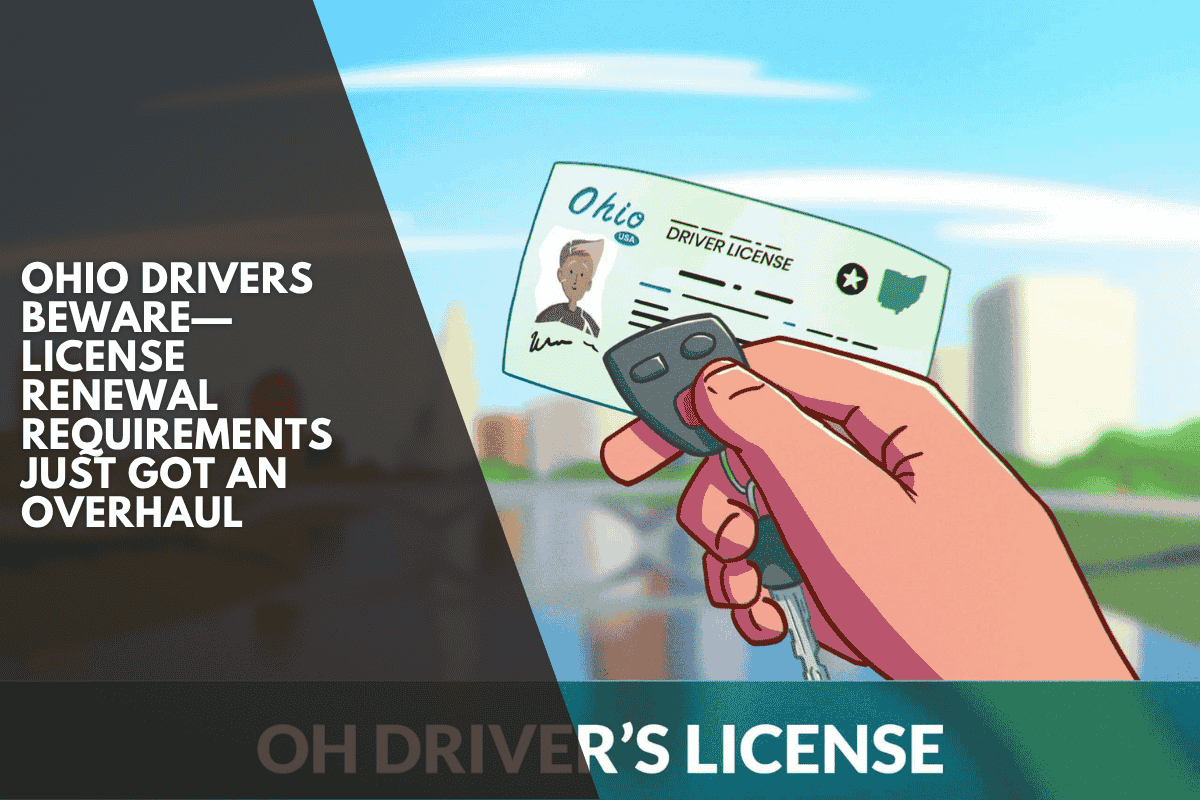Ohio has recently enacted significant changes to its driver’s license renewal and suspension laws, impacting the requirements and processes for millions of drivers across the state. These updates aim to streamline renewals, reduce financial barriers, and clarify documentation standards.
Updated Renewal Process and Documentation
Ohio drivers can renew their licenses at any deputy registrar license agency or online if their current license is valid or expired for less than six months. Renewal options include a Compliant Card, which meets federal REAL ID standards, or a Standard Card.
Each option requires different sets of identity documents. All applicants must provide proof of full legal name, date of birth, Social Security number, Ohio residency, and citizenship or legal presence. If a name change is involved, supporting documentation is required.
Notably, starting May 7, 2025, only federally compliant licenses or other approved identification (such as a passport) will be accepted for domestic air travel, so drivers should consider upgrading to a Compliant Card during renewal.
If a license has expired for more than six months, the driver must obtain a temporary permit and pass all required testing before a new license can be issued. For those under 21, licenses expire on the 21st birthday and cannot be renewed more than 30 days prior. Drivers aged 65 or older are only eligible for a four-year license, not the eight-year option.
Major Changes to Suspension and Reinstatement
A sweeping overhaul—House Bill 29—signed into law in early 2025, eliminates driver’s license suspensions for failure to pay court fines or fees. This reform is retroactive, meaning existing suspensions for unpaid fines will be lifted automatically and without reinstatement fees.
The new law also removes suspensions for minor drug offenses (unless a vehicle was used in the commission of a serious drug crime), and eliminates school truancy as grounds for license denial or suspension. Additionally, the lookback period for repeat offenses related to driving without insurance is reduced from five years to one year.
Courts can no longer block vehicle registration renewals due to unpaid fines, and people with child support-related suspensions may now petition courts for limited driving privileges in more circumstances.
Practical Implications for Ohio Drivers
These reforms are designed to remove unnecessary barriers to employment and daily life, especially for those previously caught in cycles of debt-related suspensions. With the new documentation requirements and expanded online renewal options, drivers should carefully review the list of acceptable documents before visiting the BMV.
The elimination of many suspension triggers means more Ohioans can maintain their driving privileges and stay on the road legally.
Ohio’s driver’s license renewal and suspension laws have undergone a major overhaul. Drivers must prepare the correct documents for renewal—especially if seeking a federally compliant license—and can benefit from the removal of many debt-related and minor offense suspensions. These changes are intended to make the process fairer and more accessible for all Ohioans.
Sources
[1] https://bmv.ohio.gov/dl-renewal-current.aspx
[2] https://www.bmv.ohio.gov/dl-identity-documents.aspx
[3] https://www.ohiopovertylawcenter.org/january-2025-newsletter
[4] https://www.statenews.org/government-politics/2025-01-10/changes-coming-to-ohio-drivers-license-suspension-process-under-new-law
[5] https://www.themarshallproject.org/2025/03/20/ohio-driver-license-suspension-law-2025











